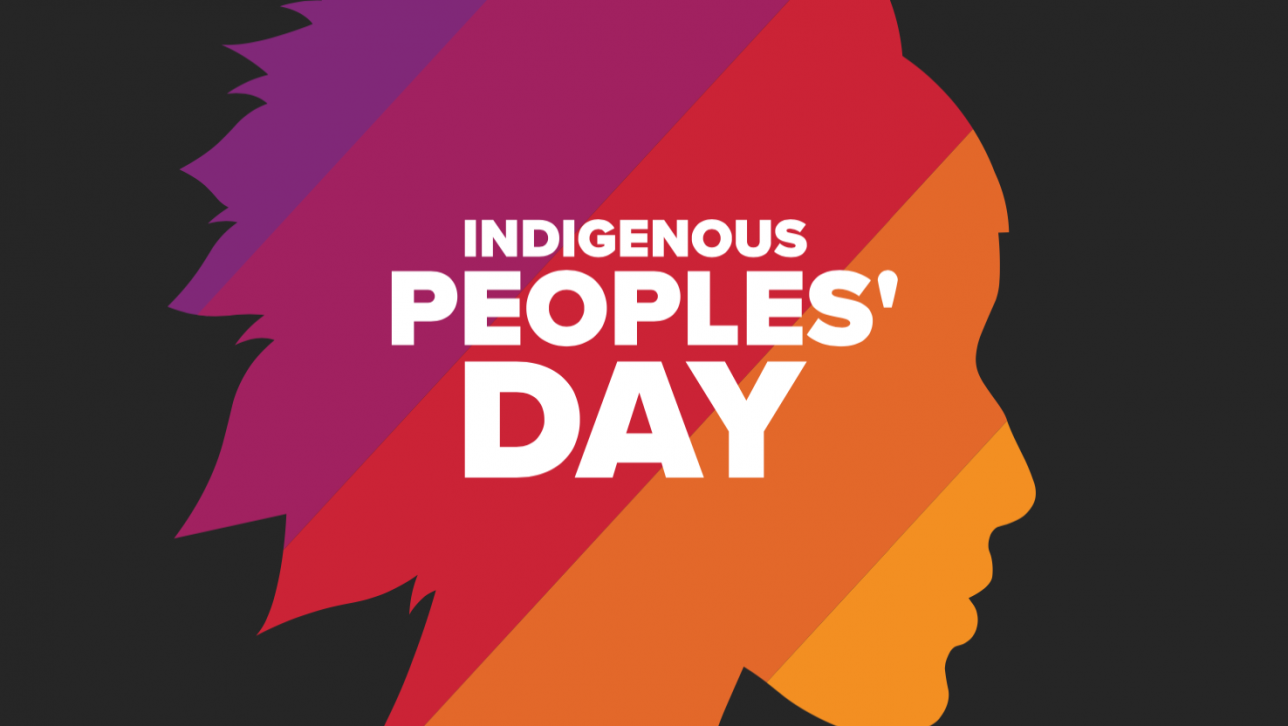Columbus Day has long been a fixture on the American calendar, a day set aside to commemorate Christopher Columbus's arrival in the Americas in 1492. However, in recent years, there has been a growing movement to rethink the celebration of Columbus Day, with many arguing that it's better left in the past.
Growing up in the 80s and 90s, Christopher Columbus was a revered character in elementary school lessons. I remember proudly reciting part of a poem written in his honor:
"In fourteen hundred ninety-two, Columbus sailed the ocean blue.”
As it turns out, that was only one small part of a much larger poem recounting the story of Columbus sailing to America. However, the poem did not detail any of the other parts of Columbus’ venture. What I have learned over the years about Christopher Columbus has shown me that he is not someone who ought to be celebrated or venerated. Here are some reasons why.
1. Colonial Violence and Exploitation
One of the most significant reasons to reconsider Columbus Day is the legacy of colonial violence and exploitation that followed Columbus's arrival. His journey led to the colonization, displacement, and death of countless indigenous peoples who had been living in the Americas for generations. The suffering and pain caused by his actions are a dark chapter in history that should not be celebrated.
2. Inaccurate Historical Narrative
The traditional narrative surrounding Columbus portrays him as a heroic figure who "discovered" America. However, this narrative conveniently overlooks the harmful consequences of his actions. Celebrating Columbus Day perpetuates a distorted view of history and fails to acknowledge the true impact on indigenous communities.
3. Cultural Insensitivity
Celebrating Columbus Day can be seen as culturally insensitive and offensive to Native American and indigenous communities. It effectively erases their experiences, struggles, and contributions, further marginalizing them by glorifying a figure associated with their suffering.
4. Honoring Alternatives
Many argue that it's time to replace Columbus Day with Indigenous Peoples' Day. This alternative holiday acknowledges and honors the rich cultures, histories, and contributions of Native Americans. This shift can promote unity, understanding, and respect for indigenous communities.
5. Reevaluation of Legacy
As societies become more aware of the complexities of history, there is a growing movement to reassess the legacy of Columbus. Many cities and organizations are reevaluating the celebration of Columbus Day and choosing to focus on more inclusive and accurate narratives.
6. Global Perspective
Columbus's arrival in the Americas marked the beginning of European colonization and its far-reaching global consequences, including the transatlantic slave trade. Recognizing these broader implications encourages a more critical understanding of history and its impact on the world.
7. Educational Value
Instead of celebrating Columbus Day, focusing on education about the true history of Columbus's actions and their repercussions can help individuals develop a more nuanced understanding of the past. This can promote empathy and social responsibility, encouraging people to learn from history's mistakes.
8. Promoting Unity
Shifting away from Columbus Day in favor of a more inclusive holiday can contribute to a sense of unity among diverse communities. By acknowledging historical injustices and striving for a more equitable future, we can work together to build a better society. One of my favorite quotes comes from Maya Angelou, "Do the best you can until you know better. Then when you know better, do better."
Now that I know better, I have decided not to celebrate Columbus Day. Now, that does not mean I think he should be erased from history. My decision not to celebrate Columbus Day acknowledges the need for a more accurate and respectful approach to history. It promotes cultural sensitivity, aligns with the values of empathy, inclusivity, and truthfulness, and opens the door to a more equitable future. All of these things are important for Christians to consider. Ultimately, it's time to leave Columbus Day in the past and embrace a holiday that reflects our commitment to a more just and inclusive society as people of faith.

